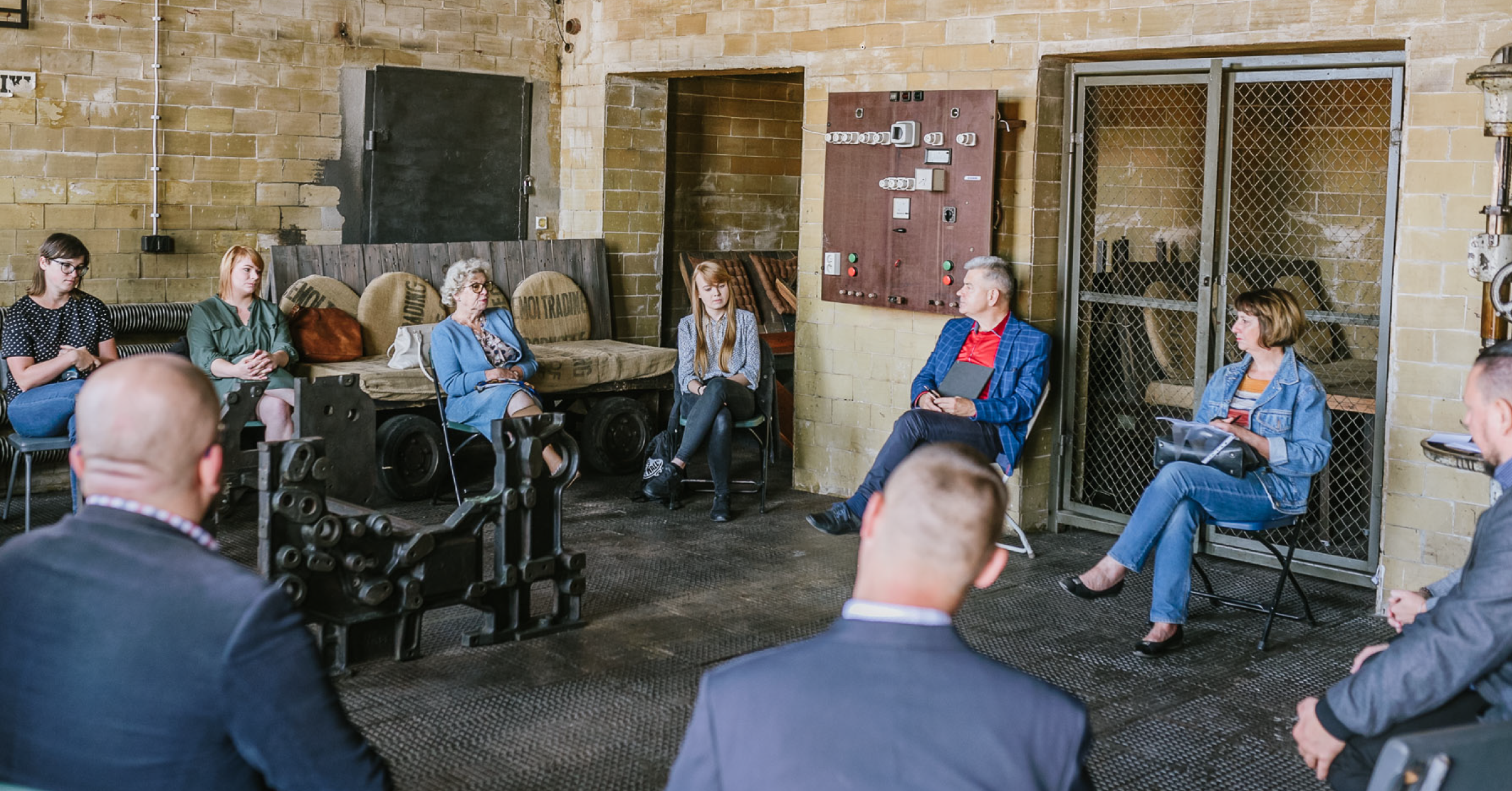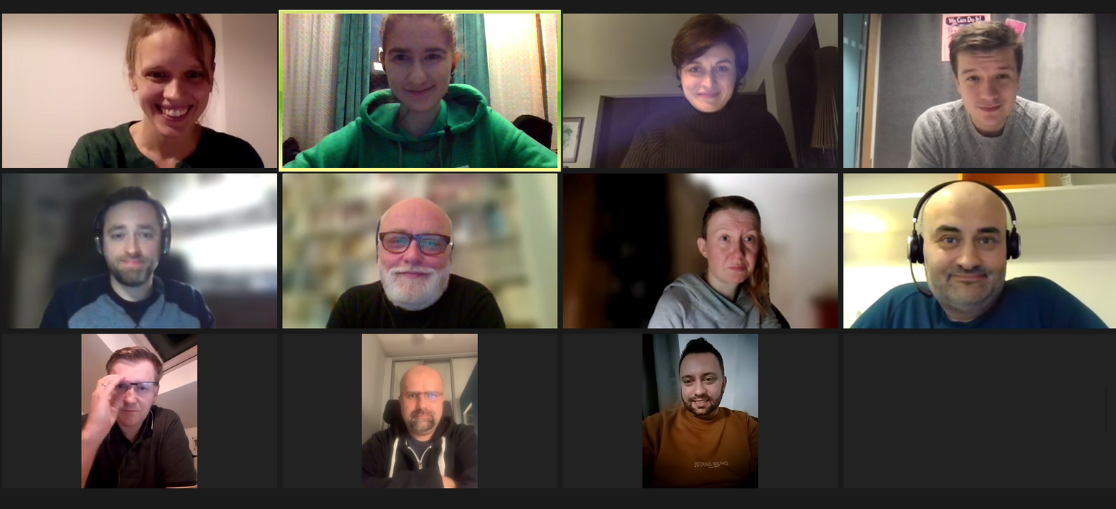
Community Dialogues
Can highly polarized groups have productive conversations? Yes, they can. We launched our community dialogues to establish a format for such exchanges. Our pilot program in 2021 included 3 on-site dialogues in different parts of Poland and 5 on-line dialogues with participants from across the country.
Men:
what is it like to be a man in Poland?
Date: 19 I 2023
Our latest dialogues
2022
Men:
what is it like to be a man in Poland?
Date: 15 XII 2022
War in Ukraine:
should we be afraid?
Date: 1 XII 2022
Living costs:
how do we manage rising prices?
Date: 24 XI 2022
Our nation:
do we want to be together?
Date: 9 XI 2022
Poles and Ukrainians:
how to live together?
Date: 31 III 2022
2021
Christmas:
what it means for you?
Date: 17 XII 2021
Would you like to leave a message? We will get back.
Earlier community dialogues
Online community dialogue for young people – June 2021
We talked about COVID-19 vaccinations and protests at churches.
On-site community dialogue in Sieradz – April 2020
We talked about how politics divides our families and friends.
Online community dialogue for young people – November 2020
We talked about whether Poland's membership in the European Union makes sense and whether Polexit is possible.
Why should we talk?
Divisions in Poland are not unfounded – different people have different values and views. Differences on important issues must be respected. But there is also something that unites us, often beneath the divisions. The goal of our pilot program was to find a way to talk about both things – about our differences and our community.
How do we work?
To discover the best way to talk together, we organize community dialogues. We invite people to come together, we connect strangers, and we create conditions conducive to candid conversations. We learn everywhere – and everywhere we share experiences from previous community dialogues.
Overcoming differences takes place in the realm of emotions. This is why the "What do we have in common?" project involves close, immersive work within local communities. We use and rely on experiences, encounters, staying involved and partnership - with openness to conflict and anger, but also agreement and joy.
Why do we do this?
We believe that this is how a community is created. We believe that there is no other way out of a spiral of resentment and violence than to meet face to face with another human being. When we discover the best way to talk, we will share this method with as many people as possible - in Poland and in Central Europe.
















